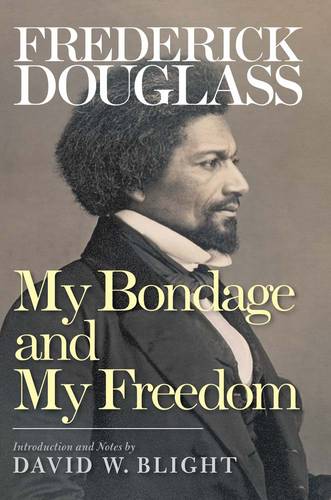Douglass's autobiography is a literary and political masterpiece that reflects his growth into a mature, politicized writer. He intentionally revises his narrative to present himself as a leader and advocate for black equality, making the book a purposeful political act.
David W. Blight presents *My Bondage and My Freedom* as more than a simple autobiography; it is a carefully crafted political statement and literary achievement. Douglass, now a mature and politicized figure, revises his earlier story to emphasize his leadership among enslaved people and his role as a prophet advocating for equality and abolition. The book is framed as a declaration of independence and a public duty to demonstrate the humanity of black people before a racially prejudiced world. Blight highlights Douglass's intent to engage the entire civilized world in moral judgment against slavery, underscoring the autobiography’s significance as a profound political act beyond personal memoir.
Quick quotes
Douglass portrays himself as the reluctant prophet who must tell his story with a principle at stake for the 'whole human family.'
Such a claim for the public duty of writing a second autobiography reflects just how much this new literary self-creation was a political act.
The humanity of his people must be demonstrated before a racist world.
